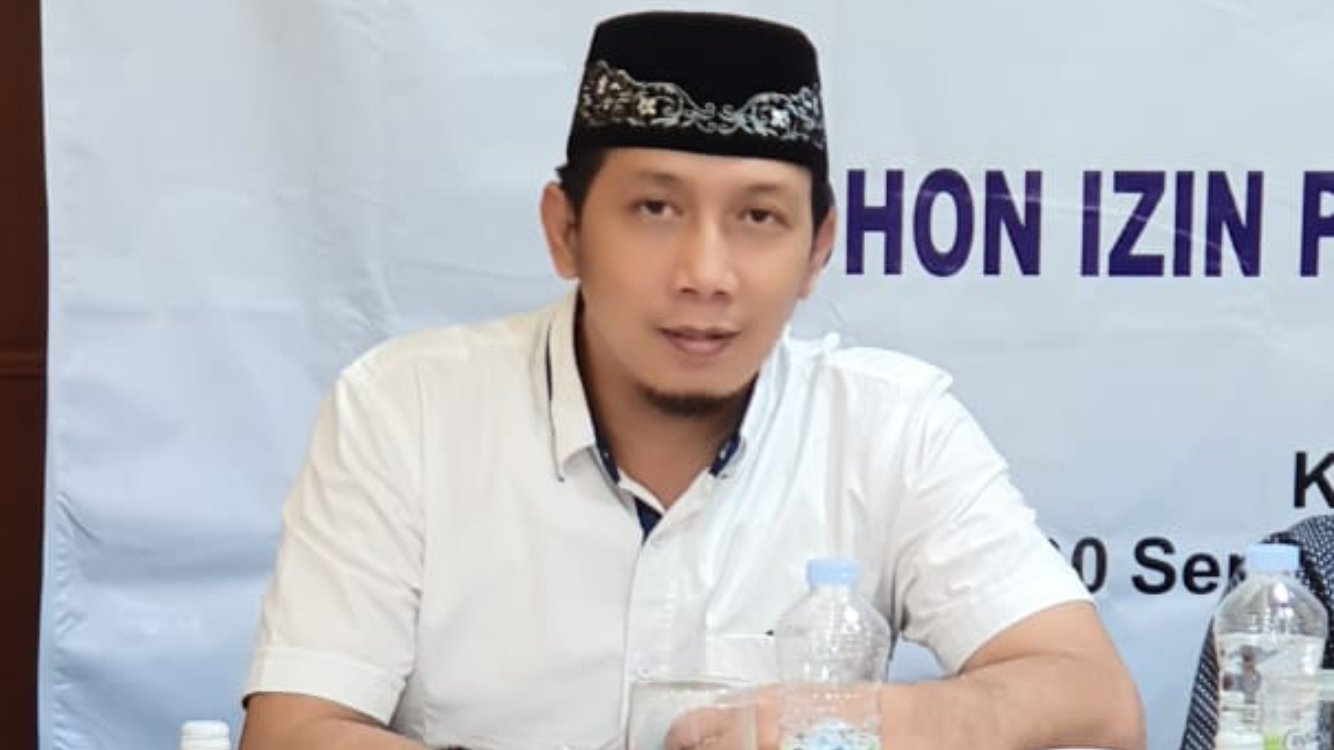Semarang – The Regional Indonesian Broadcasting Commission (KPID) of Central Java strongly reminds all network station system (SSJ) television managers not to neglect their obligation to broadcast local content at least 10 percent of their total broadcasts. Given, until now there are still many SSJ television managers who ignore this obligation.
“To anticipate this, in the Central Java KPID hearing evaluation forum with eight applicants for the extension of SSJ Television Broadcasting Operation Permit (IPP), KPID asked the applicants to make a written statement signed on a seal to comply with the regulation,” said the Licensing Service Coordinator of Central Java KPID Setiawan Hendra Kelana to the press, Saturday (3/10/2020).
According to Setiawan, who is familiarly called Iwan Kelana, the evaluation hearing with strict health protocol standards was held for three days, from 30 September to 2 October 2020, in Bandungan, Semarang Regency. In addition to the eight applicants for the IPP extension of the SSJ television station, there were also six applicants for the extension of the IPP for radio and one applicant for the broadcast trial evaluation (EUCS) for the application for new community radio.
Seven commissioners attended the evaluation of the hearing, namely Budi Setyo Purnomo (Chairman), Asep Cuwantoro (Vice Chairman), Setiawan Hendra Kelana (Licensing Division), Dini Inayati and Sonakha Yudha Laksono (Broadcast Content Division), Isdiyanto and Edi Pranoto (Division of Institutional).
Meanwhile, the eight SSJ television stations applying for IPP that were evaluated for their license extension included PT Surya Citra Wasesa (SCTV Semarang), PT Indosiar Semarang Televisi (Indosiar Semarang), PT Media Televisi Semarang (Metro TV Semarang), PT Lativi Mediakarya Semarang Padang (tvOne Semarang), PT GTV Dua (GTV), PT Global Telekomunikasi Terpadu (iNews), PT RCTI Dua (RCTI), and PT TPI Dua (MNCTV).
In evaluating the hearing, continued Iwan, the seven commissioners criticized the broadcast of the eight SSJ televisions. Apart from neglecting the obligation to broadcast local broadcasts of at least 10 percent of their total broadcasts, their broadcasts are also placed at midnight, early morning, and rarely during prime time so they are rarely watched.
The context of local broadcasts, added Iwan, is not only duration, but also quality, selection of sources, placement of broadcast time, and utilization of local human resources. In fact, gradually, broadcasts must be increased to 50 percent of the total broadcast duration each day.
KPI Regulation Nuumber 1 of 2016 concerning Local Broadcast Programs for Network Station Systems (SSJ), said Iwan, also requires that 30 percent of local broadcasts be broadcast at productive times, namely between 05.00-22.00. The placement of broadcast time according to the regulation is also stated in the statement letter signed by the SSJ TV license extension applicant.
“Alhamdulillah, the eight applicants are willing to sign a statement to comply with these regulations, including the willingness to improve the quality of local broadcasts and empower local broadcasting human resources,” he said.
Religion Broadcast
The Regional Indonesian Broadcasting Commission (KPID) of Central Java also highlighted the low percentage of religious broadcasts on SSJ television broadcasts, including the quality of the speakers presented. The applicants are asked to increase the percentage to an ideal position and coordinate with the Indonesian Ulema Council (MUI) in order to obtain competent sources about Islam.
The reason, said Iwan, who is also the Secretary of the Indonesian Journalists Association, Central Java, is that religious broadcasts are included in the strategic broadcast category in an effort to build the character and identity of a faithful and cautious community, towards community behavior that has high morals and manners in the life of the community, nation and state.
“Do not let the preaching fail, be filled with sources whose religious competence is doubtful, let alone trapped in radical teachings. Da’wah in broadcast media must uphold universal, moderate religious values, rahmatan lil ‘alamin through the washatiyah approach,” he explained. (Aska)










